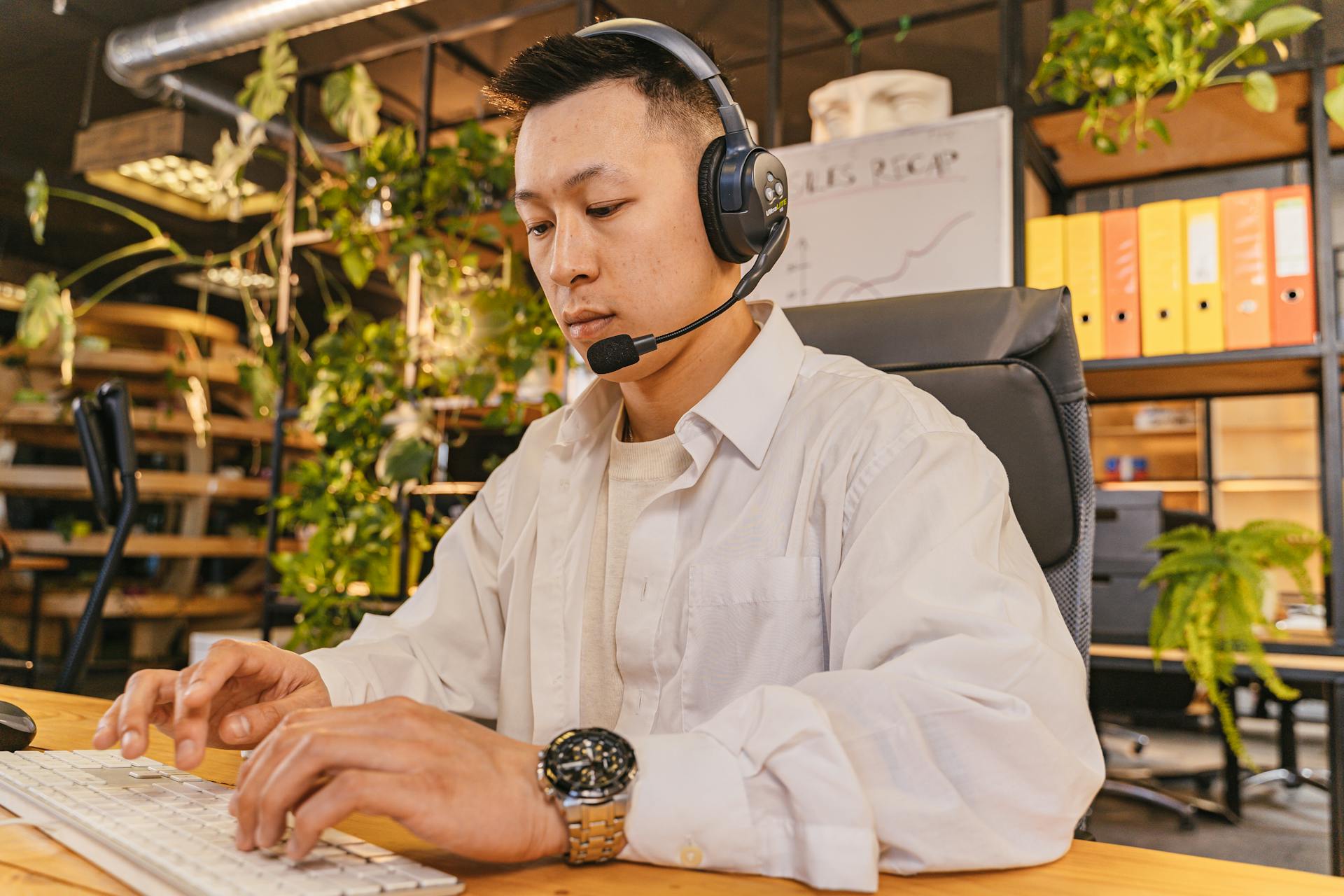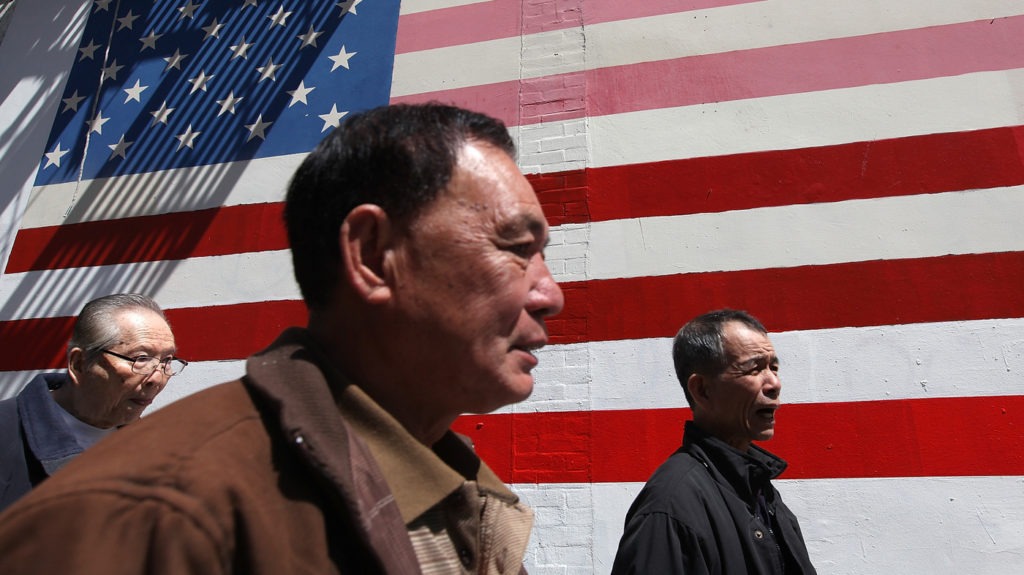Opinion
February 1, 2025
The Impact of Identity on Mental Health in Asian Americans
Asian Americans navigate a complex relationship between cultural identity and mental health. Caught between traditional values and Western expectations, many struggle with self-acceptance, generational conflict, and societal pressures.

The Double Burden of Cultural Expectations
Asian Americans often navigate a complex duality between traditional cultural values and Western societal expectations. Many grow up in households that emphasize filial piety, academic excellence, and emotional restraint, while broader American culture rewards individualism, self-expression, and assertiveness. This clash can create immense psychological strain, as individuals feel pressured to fulfill conflicting roles—obedient child and independent adult. The stress of balancing these identities frequently manifests as chronic anxiety, perfectionism, and burnout.
Second-generation Asian Americans in particular report higher stress levels when they perceive a gap between their parents' expectations and their own aspirations. Feelings of guilt may arise when personal ambitions deviate from familial or cultural norms, while emotional suppression often becomes a learned coping mechanism.
Additionally, many young Asian Americans take on unofficial roles as cultural translators for immigrant parents, adding another layer of responsibility that can contribute to mental and emotional exhaustion.
Model Minority Pressure and Its Psychological Toll
The pervasive "model minority" stereotype, which portrays Asian Americans as universally successful and problem-free, creates significant mental health burdens. This myth not only erases the diversity of experiences within Asian American communities but also pathologizes normal human struggles.
Those who don't fit the stereotype may have their difficulties dismissed or minimized, leading to feelings of isolation. Internally, many Asian Americans report intense pressure to maintain the illusion of effortless achievement, fearing that any visible struggle would constitute failure. This pressure contributes to heightened rates of self-criticism and perfectionism.
Alarmingly, Asian American women aged 15-24 have the highest suicide mortality rates among their peers, while Southeast Asian refugees experience PTSD rates comparable to war veterans. Despite these concerning trends, Asian Americans are three times less likely than white Americans to seek mental health services, often due to stigma and the fear of confirming perceived weaknesses.
Generational Trauma and Immigrant Mental Health
The immigrant experience often carries unspoken psychological wounds that reverberate through generations. Many Asian American families bear the invisible scars of war, displacement, political persecution, or economic hardship.
These traumas frequently go unaddressed due to cultural stigmas surrounding mental health, with parents sometimes discouraging emotional discussions in favor of focusing on survival and advancement. Children of immigrants may absorb their parents' survival anxieties, developing hypervigilance and chronic stress responses.
This dynamic frequently leads to intergenerational conflict, as American-raised children may interpret their parents' protective behaviors as excessive control, while parents view their children's independence as recklessness. The lack of culturally appropriate mental health resources compounds these issues, leaving many families without proper support to process collective trauma. Healing these wounds requires approaches that honor cultural contexts while creating space for emotional expression and reconciliation between generations.
Racial Identity and Belonging
Asian Americans frequently grapple with questions of belonging and identity in a society that often treats them as perpetual foreigners. Microaggressions like "Where are you really from?" reinforce feelings of otherness, even among those born and raised in America.
This liminal status creates unique psychological challenges, as many feel caught between cultures—not "Asian enough" for their heritage communities yet not fully accepted as American. Some individuals respond by distancing themselves from their cultural roots in an attempt to fit in, potentially leading to internalized racism and identity confusion.
Media representations often compound these issues by perpetuating narrow stereotypes that fail to reflect the diversity of Asian American experiences. Research indicates that developing a strong, positive ethnic identity correlates with better mental health outcomes, but only when that identity is validated rather than marginalized. Building inclusive communities and increasing authentic representation can help foster healthier racial identity development.
Pathways to Healing and Empowerment
Addressing the mental health challenges stemming from identity conflicts requires both systemic change and personal growth. Individuals can begin by exploring their cultural narratives through creative expression, journaling, or community engagement, which can help reconcile conflicting aspects of identity. Seeking therapists who understand Asian diasporic experiences can provide more effective support than conventional approaches.
It's equally important for individuals to set healthy boundaries that honor both their heritage and personal needs. At the community level, normalizing mental health discussions in culturally familiar spaces like places of worship or community centers can help reduce stigma. Highlighting diverse Asian American stories and role models who defy stereotypes can expand narrow conceptions of identity.
Systemic advocacy remains crucial, including pushing for increased mental health funding targeted to Asian American communities and implementing anti-racism education in schools. True healing comes from creating environments where Asian Americans don't have to choose between cultural authenticity and mental wellbeing, but can instead find strength in their complex identities.



